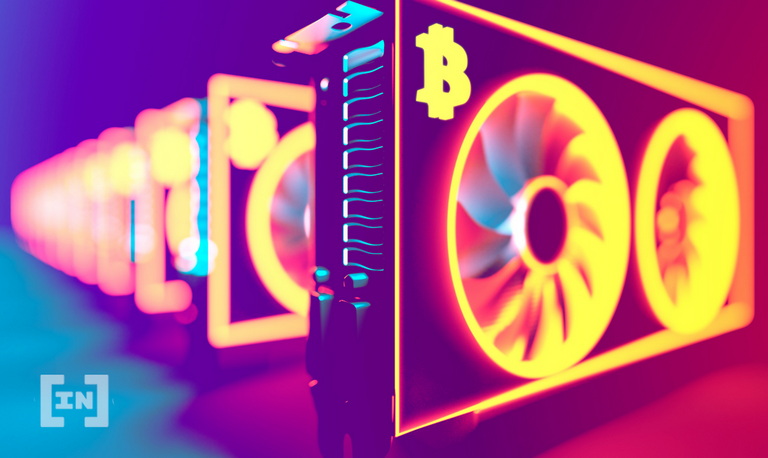The governmental agency in charge of power generation and distribution in Iran says that crypto mining operations will be able to function from Sept 22.
Iran’s government will lift the ban on cryptocurrency mining come Sept 22. The Iran Power Generation, Distribution, and Transmission Company (Tavanir) said that the power consumption strain will subside by then, and miners could thus resume their operations.
The Ministry of Industries, Mining, and Trade, under the directive of former President Hassan Rouhani, lifted the ban on the mining industry. It had initially been put in place to ease power consumption.
The Financial Tribune, which reported the development, said that the mining industry had been putting a strain on the country’s power grid. However, it did note that the power consumed by legal miners was a fraction of the total amount. Unlicensed miners, on the other hand, reportedly consume 2,000–3,000 MW per day — about half of the daily consumption of the entire city of Tehran.
The government is not against cryptocurrency entirely, however. In June 2021, it introduced a legal framework to regulate the market. This was the result of an order issued by Rouhani, who also legalized cryptocurrency mining in 2019.
On the whole, Iran is taking a fairly moderate approach to regulating the crypto market. None of the laws that it has passed has been severe. It appears that crypto could find adoption there, even if only with limited use cases.
Mining industry in limbo
The mining industry has been hit hard in 2021. Several governments have turned their attention to miners as they mull over a large regulatory framework. Generally speaking, the regulatory process is difficult to implement, but governments do have the power to curb mining as they work on regulation.
Among these, China is carrying out the most prominent crackdown on the mining industry. The country is a hotbed for mining activity, with cheap power rates. The government has forced the shutdown of several mining farms in various provinces.
Stifling the mining industry can have a temporary adverse effect on the market, but all things considered, the market continues to flourish. As more networks move towards staking consensus mechanisms, the problem is not as concerning as it could be. Bitcoin, meanwhile, remains protected with its wealth of investment from both retail and institutional investors.
The mining industry is performing quite well, with many asset managers investing capital in related firms. BlackRock, the world’s largest asset manager, recently revealed in an SEC filing that it held $384 million worth of shares in mining firms. Two of these, Riot Blockchain and Marathon Digital Holdings, are popular choices among big-capital investors.
